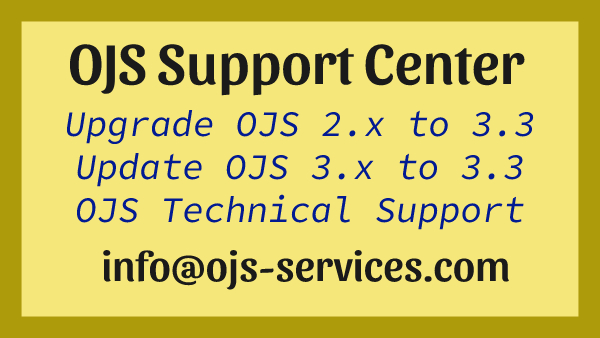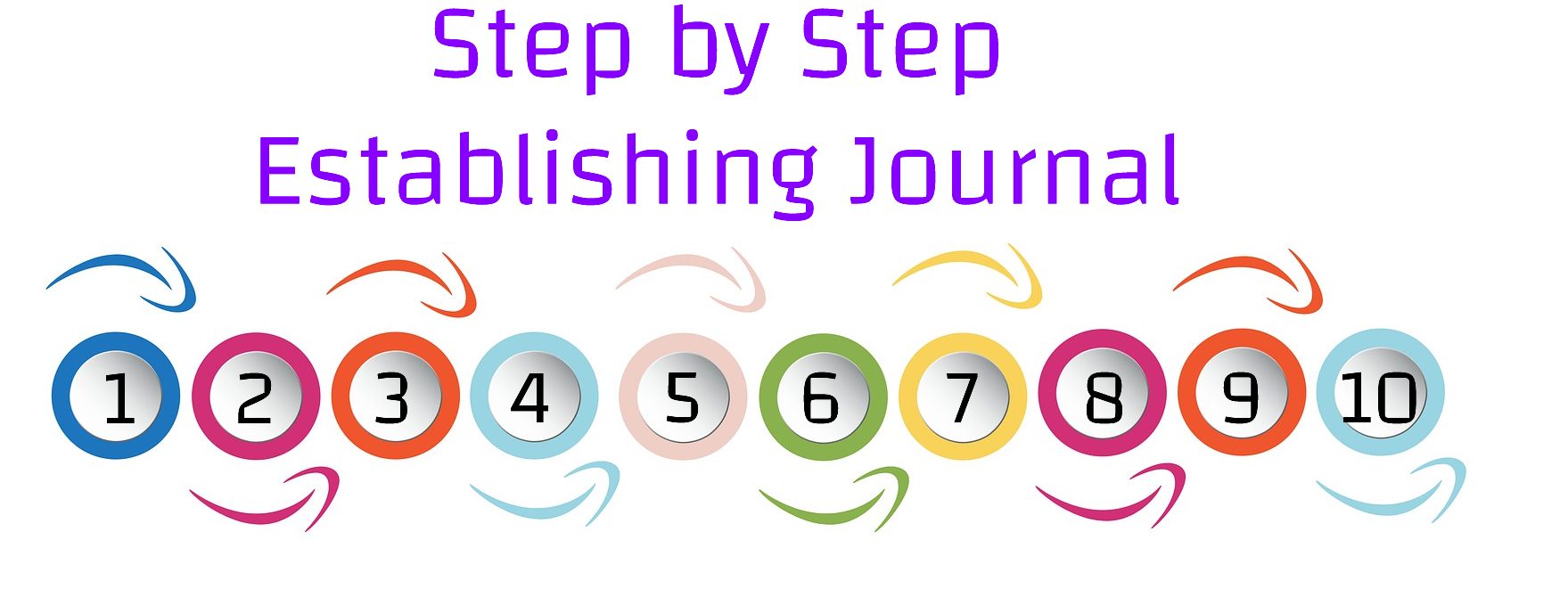In the academic world, the shareability and accessibility of knowledge are fundamental elements to encourage information exchange among researchers and communities. Creative Commons (CC) licenses serve as powerful tools to enhance the shareability of academic articles and strengthen scholarly communication. In this text, focusing particularly on the advantages of the CC BY license, we will discuss why this license should be preferred for journal owners and article authors.
What are Creative Commons (CC) Licenses?
Creative Commons licenses are a system that allows content creators to share their works under specific usage conditions. These licenses regulate the use of works, protecting the rights of the creators while promoting sharing. CC licenses are offered in six different types.
CC License Types and Features:
1-Attribution (CC BY):
- Permission: You can share, reproduce, distribute, display, and use the content for commercial purposes.
- Condition: Attribution is required.
2-Attribution – ShareAlike (CC BY-SA):
- Permission: You can use, modify, and use the content for commercial purposes.
- Condition: Derivative works must be shared under the same license.
3-Attribution – NoDerivs (CC BY-ND):
- Permission: You can use the content for commercial purposes.
- Condition: You must not modify the content, and attribution is required.
4-Attribution – NonCommercial (CC BY-NC):
- Permission: You can use the content for non-commercial purposes.
- Condition: Attribution is required.
5-Attribution – NonCommercial – ShareAlike (CC BY-NC-SA):
- Permission: You can use, modify, and share the content for non-commercial purposes.
- Condition: Derivative works must be shared under the same license.
6-Attribution – NonCommercial – NoDerivs (CC BY-NC-ND):
- Permission: You can use the content for non-commercial purposes.
- Condition: You must not modify the content, and attribution is required.
Advantages of CC BY License for Academic Articles:
Wider Access: The CC BY license allows your article to be freely shared, distributed, and reproduced, reaching a broader audience and becoming globally accessible.
Recognition Through Attribution: The CC BY license mandates users to attribute, preserving academic integrity while enhancing the impact of your article. Attribution ensures that the author and the work are acknowledged and rewarded.
Research Collaboration Opportunities: The CC BY license facilitates collaboration among researchers and educators on shared content, allowing experts from different disciplines to collaborate on more comprehensive studies.
More Citations and Impact: Having your article under the CC BY license increases the likelihood of other researchers using it in their work, leading to more citations and, consequently, an increase in scholarly impact.
Enhancing Community Participation: The CC BY license encourages community participation. Individuals can use your content to develop their own research, create educational materials, presentations, exam questions, etc., making your works a source of information.
Based on the above information, you can choose the desired license for your academic journal or articles. It is evident that, in terms of accessibility, prevalence, and usability with proper attribution, the most suitable license type is CC BY.
The Open Journal Systems (OJS) supports all the mentioned license types, allowing journal owners to select their preferred license from the Distribution menu under Journal Settings in the OJS Administration Panel.
After selecting and saving your desired license type in the Journal Distribution settings, articles published through the system are automatically tagged according to this license type. Ensure that the information on other pages of your journal aligns with the chosen license type.



Comments are closed